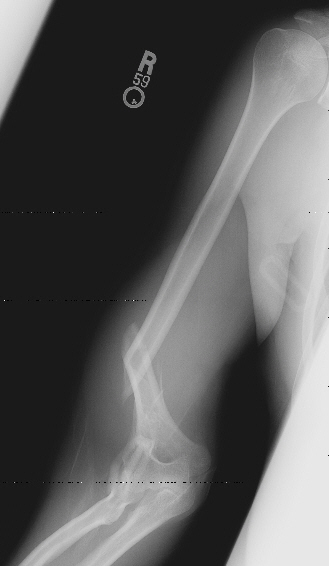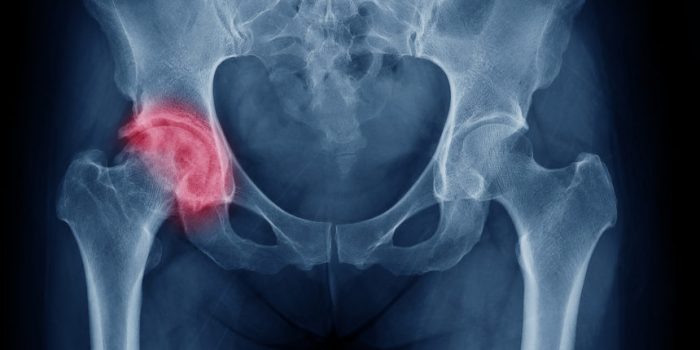It was found out by the researchers at The University of Texas at Arlington and the University of Saskatchewan (USask) that the Hepatocyte growth factor (HGF) has the potential of lowering the risk of bone fracture for people living with type 2 diabetes and hypertension.
The study, titled “Hepatocyte growth factor administration increases bone soluble phosphate and alters bone chemical structure in diabetic hypertensive rats,” was published in the Journal of Materials Research
“HGF is a naturally occurring molecule that is known to regulate cell growth throughout the body,” said Kamal Awad, first author of the study and a postdoctoral research associate at the Bone Muscle Research Center at UT Arlington’s College of Nursing and Health Innovation. “It is also associated with bone regeneration, remodeling, and the balance between osteoblast and osteoclast. We want to discover how HGF affects the chemical structure of the bone.”
The researchers used the Canadian Light Source (CLS) at USask to study the bone chemical structure and changes to chemical bonding of calcium and phosphorous using the XANES absorption spectroscopy technique.

The treated bones were found to be high in soluble phosphate. This implies that HGF may stimulate bone into a remodeling phase in response to the effects of diabetes and hypertension and the drugs used in the treatment.
Natasha Boyes, co-author of the study and a doctoral candidate in the College of Kinesiology at USask stated:
“Most people think bone should be hard, but hard bone can be very brittle,” Boyes said. “What you want is bone with the right architecture. Any stimulus can cause the bone to adjust its structure. For example, if you’re a runner, your bones will change and adapt to better cope with the pounding. That’s remodeling.”
The American Diabetes Association states that diabetes disfigures the body’s ability to maintain vitamin D levels sufficient for calcium and phosphorus absorption and the maintenance of proper bone matrix density. This can lead to osteoporosis.

Diabetes is majorly caused by interrupted regulation of blood glucose levels by insulin regulation in the body. This is the reason that makes the blood glucose levels increase and lead to harming of the bones and rise in blood pressure. This high blood pressure further leads to prolonged and excessive inflammation which can directly cause diabetes.
“Bones protect our internal organs and allow us to move; thus, maintaining healthy bones is crucial to an individual’s health,” Awad said. “Our long-term goal is to discover therapies to reduce fracture risk and speed up bone healing processes.”


